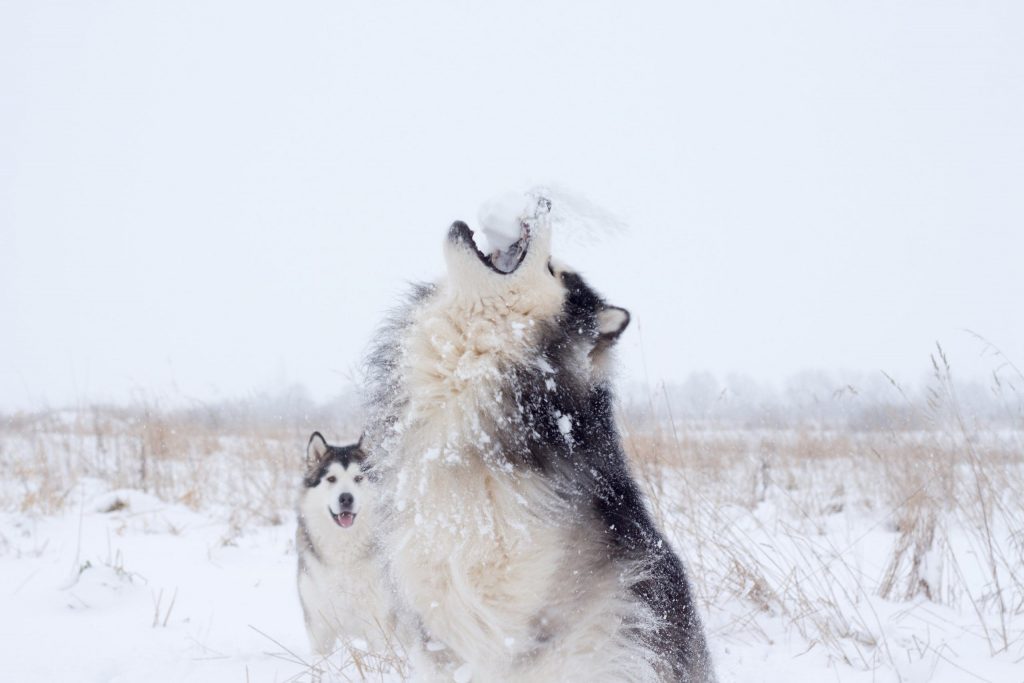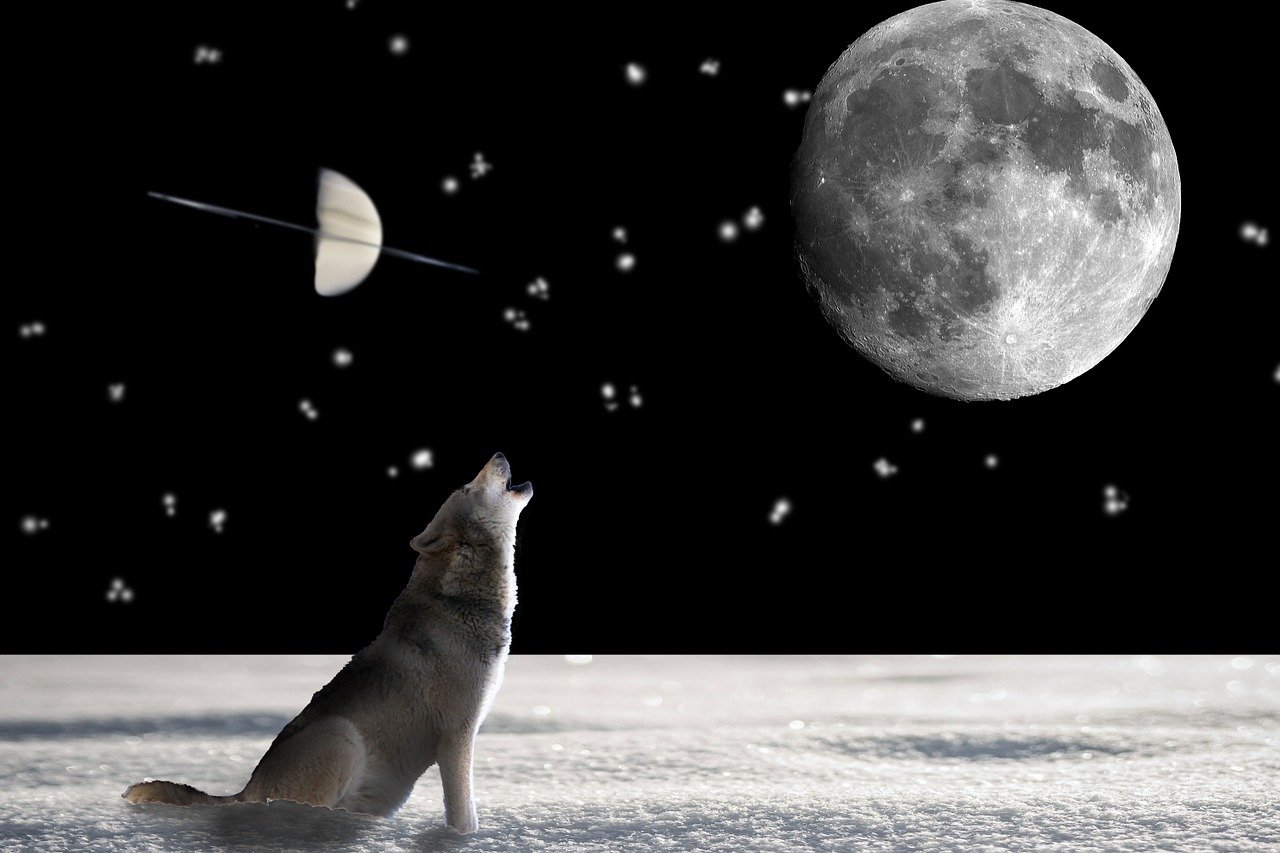Why do Dogs Howl at Night : Background
Dogs, known for their unwavering loyalty and unique expressions, have a behavior that often captivates and intrigues pet owners worldwide – howling at night. This canine vocalization, while natural, encompasses a myriad of reasons and nuances that contribute to its occurrence. Understanding the background of this behavior allows us to connect with our furry companions on a deeper level.
Canine howling is deeply rooted in their ancestral ties to wolves, where it served as a means of communication within the pack. While domestication has transformed dogs into beloved members of our families, their instinctual behaviors, such as howling, persist. The evolution from wild canids to our cherished pets brings forth a complex interplay of genetic, environmental, and emotional factors contributing to the enigma of nighttime howling.
Introduction
Have you ever been stirred from your slumber by the hauntingly beautiful sound of a dog’s howl piercing through the stillness of the night? This phenomenon, though potentially unsettling, holds a captivating charm. In this exploration, we embark on a journey to unravel the mystery behind why our canine companions raise their voices when darkness falls.
From the subtle communication of a pack to the expression of loneliness and the declaration of territory, the reasons behind why do dogs howl at night are as diverse as the breeds themselves. It goes beyond a mere vocalization; it is a form of language, an art that our furry friends have perfected over generations.
Join us as we navigate through the intricate tapestry of canine communication, dissecting the various factors that prompt our dogs to serenade the moonlit night. Whether you’re a seasoned dog owner or simply curious about the intricacies of our four-legged friends, this exploration aims to shed light on the captivating world of why do dogs howl at night.
Understanding Canine Howling
Picture this: a lone wolf’s howl pierces the stillness of the wilderness, serving as a beacon to its pack. Our domesticated dogs, descendants of these majestic creatures, carry this legacy in their DNA. Howling becomes a nuanced form of connection, allowing dogs to communicate with their pack or, in our case, their human companions.
The depth of canine howling lies in its versatility. It can be a call to arms, a declaration of territory, an expression of loneliness, or a simple desire to connect. Understanding the subtle nuances of this vocalization is akin to deciphering a complex language where each pitch, duration, and modulation holds meaning.

Factors Influencing – why do dogs howl at night
Territorial Marking and Communication
Dogs are territorial creatures, and howling can serve as a method of marking their territory or communicating with their pack. Understanding the nuances of your dog’s behavior is crucial; it could be boredom, separation anxiety, or a simple desire to connect with others. Seeking professional advice from certified dog trainers or veterinarians can aid in minimizing excessive howling.
Loneliness and Separation Anxiety
Loneliness and separation anxiety are common triggers for dog howling. Recognizing subtle signs such as whining, whimpering, or excessive barking is key. Breeds like huskies, with their ancestral roots, are more prone to howling. Spending quality time, providing exercise, and mental stimulation can alleviate separation anxiety and reduce howling episodes.
Medical Issues and Discomfort
Howling may also be a response to discomfort or pain caused by medical issues. Certain breeds, owing to their ancestral roots, may vocalize more. Desensitization techniques from professionals can help manage howling triggered by high-pitched sounds or specific situations.
Nutritional Challenges
Dietary problems can contribute to howling, signaling hunger or distress. Understanding your dog’s nutritional needs and offering treats or adjusting their diet can address this. Additionally, specific sounds may trigger howling, indicating an association with pack whereabouts.Seeking guidance from a veterinarian guarantees thorough and comprehensive care for your canine companion.
Requirements for Urination
Various needs, including the urge for urination, can prompt howling. While some howling is natural, excessive episodes may indicate distress. Seeking advice from a veterinarian or canine behaviorist can help identify and address the root cause.
Aging
As dogs age, changes in howling patterns may occur. This one the reason, why do dogs howl at night, Owners should pay attention to these nuances and ensure their aging companions receive adequate care. Understanding the difference between natural aging behavior and potential health issues is vital for a happy and healthy senior dog.
Howling in Puppies and Specific Breeds
Puppies and certain breeds, such as huskies and beagles, have unique reasons for howling. Puppies use howling as a communication tool, seeking attention from their pack. Understanding these breed-specific traits and employing desensitization and positive reinforcement training can shape desirable behavior.
Milestones in Socialization
Socialization plays a pivotal role in a dog’s life. Howling in response to sounds like sirens or music is often a reflection of their interactions and communication style. Puppies, in particular, use howling as a means of connection with their littermates and mother.
Breeds That Howl Frequently
Certain breeds, including Beagles, Coonhounds, and Siberian Huskies, are renowned for their howling tendencies. While natural, excessive howling may indicate distress or separation anxiety. Consulting professionals for desensitization techniques and quality time spent with your dog can curb this behavior.
Effective Strategies for Managing Howling
Training Techniques for Pet Dogs
Understanding the reasons behind your pet dog’s howling is essential for effective management. Physical and mental stimulation, creating a comfortable sleeping area, and positive reinforcement training can foster desirable behavior, minimizing nighttime barking and whining.
Dealing with Stray Dog Howling
Encountering a stray dog howling at night can be unsettling. Prioritize caution and contact animal control or a local rescue organization. Avoid direct interaction and seek professional advice on handling the situation safely. Stray dogs may be scared or aggressive, emphasizing the need for a careful approach.
Conclusion
In conclusion, the enigma of why do dogs howl at night unfolds as a multifaceted aspect of their nature. Whether it’s a form of communication, an expression of loneliness, or a territorial declaration, understanding your pet’s howling is crucial. For stray dogs, humane options exist to address howling behavior without causing harm. To delve deeper into managing your pet’s behavior, explore our comprehensive guide on dog training tips.
Read related article on How to potty train your puppy
One of the best Youtube on dog howling
